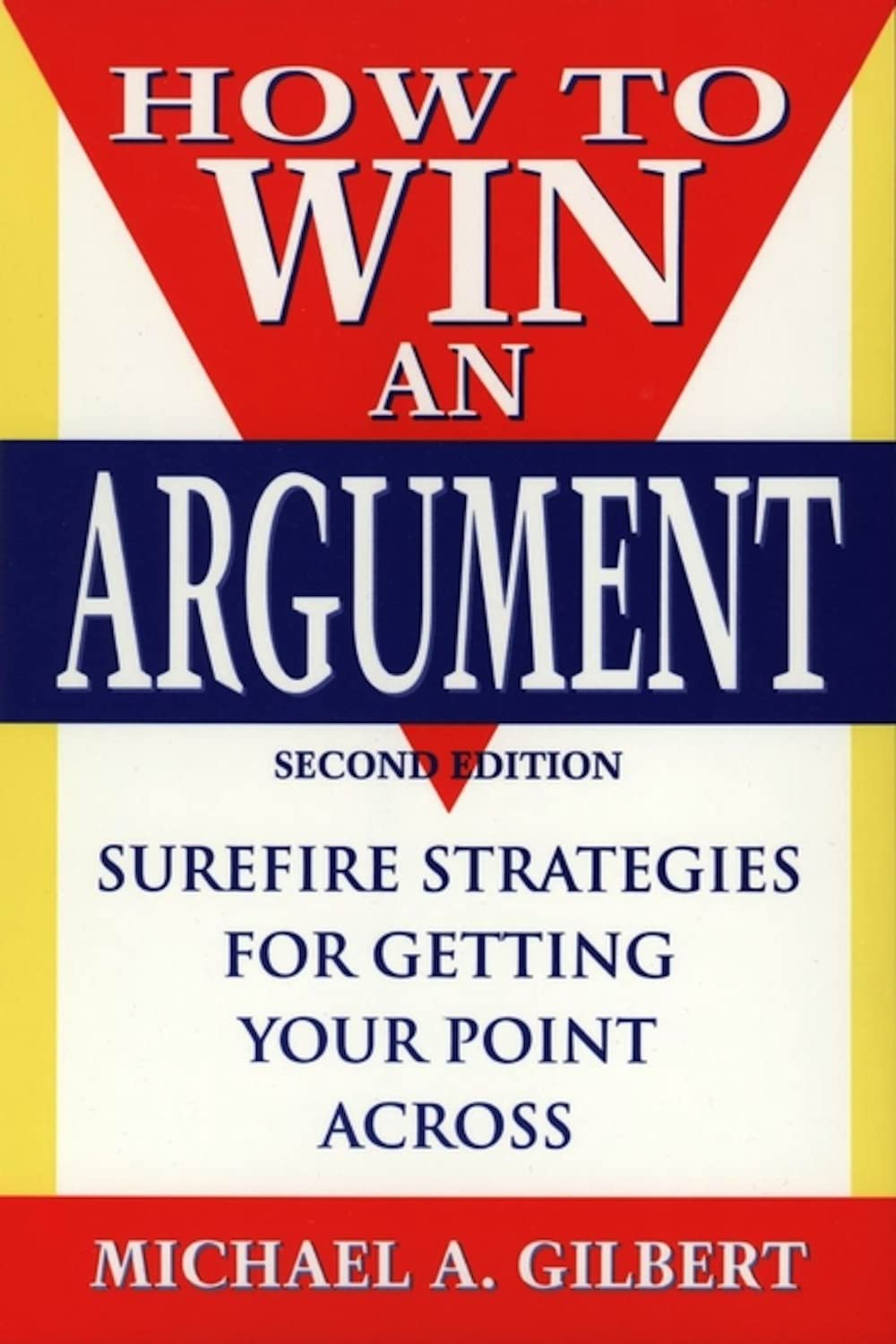In a world increasingly polarized by divergent opinions and vehement beliefs, the art of argumentation takes on heightened significance. Indeed, engaging in a spirited debate can sometimes foster misunderstandings rather than elucidate perspectives. Have you ever pondered how one might not only win an argument but do so in a manner that nurtures mutual understanding and respect? This article delves into Bahá’í teachings, providing a nuanced framework for guiding one’s discourse in a manner that transcends mere victory.
To begin, it is paramount to understand that the very essence of Bahá’í teaching promotes unity and harmony among mankind. Within this framework, a victory in argument is not solely measured by the imposition of one’s view but rather by the advancement of collective wisdom. The challenge, then, is to critically assess our approach to arguments: are we striving to conquer or to collaborate?
**1. Embrace Humility and Open-Mindedness**: The initial step in effectively navigating an argument is to cultivate an attitude imbued with humility. This entails recognizing that our knowledge is finite and that every interaction may offer an opportunity for growth. Bahá’í writings emphasize the necessity of genuine curiosity and receptivity. Ponder the perspectives of your interlocutor; could they hold a key insight that you have overlooked? Prioritize understanding over victory.
**2. Active Listening**: Engaging earnestly in a dialogue requires more than simply waiting for your turn to speak. Active listening—an earnest effort to comprehend the viewpoint being shared—promotes a more fruitful exchange. By attentively absorbing the arguments presented, one can often uncover points of commonality, leading to a foundation of shared goals rather than discord.
**3. Utilize Constructive Language**: The words we choose wield substantial power in shaping the tone of discourse. Constructive language—characterized by positivity and respect—has the potential to transform heated exchanges into productive conversations. Employ phrases that affirm the value of the other person’s perspective, such as, “I appreciate your standpoint,” or, “That’s an intriguing point.” Such language establishes an ethos of respect, reducing defensiveness and facilitating open dialogue.
**4. Contextualize Your Arguments**: Arguments often become combative when stripped of context. An effective debater acknowledges the broader circumstances surrounding the discussion. Using a Bahá’í lens, one might ask: How does this argument affect our community, our shared humanity? Presenting arguments within this larger context encourages consideration of the implications of one’s stance, fostering a spirit of cooperation.
**5. Prioritize Truth Over Ego**: A fundamental tenet of Bahá’í philosophy is the pursuit of truth. When engaged in an argument, one should consciously detach from the need to prevail for the sake of personal pride. By prioritizing truth above ego, one can approach discussions with a genuine desire to unveil the most accurate representation of reality. This perspective diminishes the sense of defeat that arises from differing viewpoints.
**6. Seek Common Ground**: One of the hallmarks of effective argumentation is the ability to identify and emphasize areas of agreement. Rather than delineating differences, a skilled debater highlights shared values and objectives. This practice cultivates collaboration, as both parties recognize their alignment in overarching aspirations, making room for a synthesis of ideas that transcends initial disagreements.
**7. Acknowledge Moral Principles**: The Bahá’í teachings underscore the importance of ethics in all aspects of life, including discussions and debates. Before embarking on an argument, consider the moral implications of your position. Will the stance you adopt promote unity and social progress? Engaging in conscientious argumentation requires not only intellectual rigor but also a commitment to ethical discourse that respects the dignity of all individuals involved.
**8. Exhibit Resilience and Patience**: Arguments often require time and patience for all parties to distill their insights fully. A well-reasoned debate will not invariably reach resolution in one discourse. Embrace the process and recognize that transformative dialogue can unfold over time. The Bahá’í principle of patience serves as a reminder that fostering understanding is an iterative process, requiring perseverance amidst discomfort.
**9. Conclusion**: In the face of conflict, where opinions clash and emotions run high, the art of argumentation can emerge as a vital avenue for collective enlightenment and growth. Winning an argument, in the most profound sense, does not entail vanquishing an opponent but rather converging on a shared understanding rooted in respect, humility, and ethical considerations. Through the lens of Bahá’í teachings, we are invited to transcend the confines of ego and learn to argue not just with the intention to win, but with the aspiration to elevate discourse, fostering unity among diverse beliefs.
As you engage in the next debate, consider this: Is the victory you seek worth more than the potential for collective growth? By adhering to these Bahá’í principles, one may navigate the often turbulent waters of argumentation with grace, turning potential contention into a catalyst for constructive dialogue.
